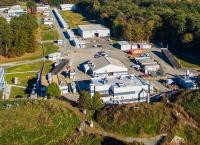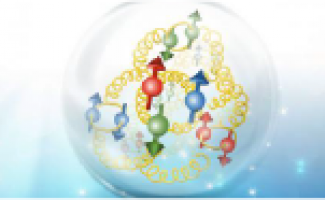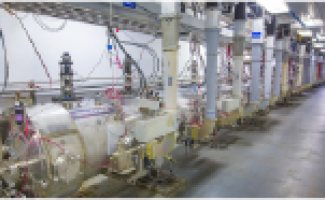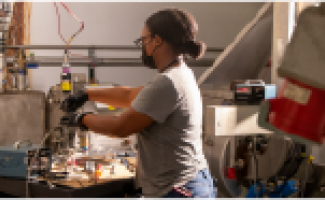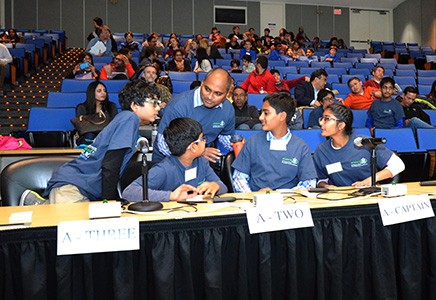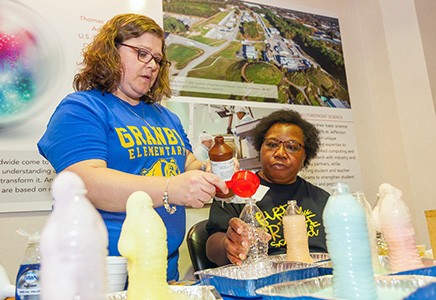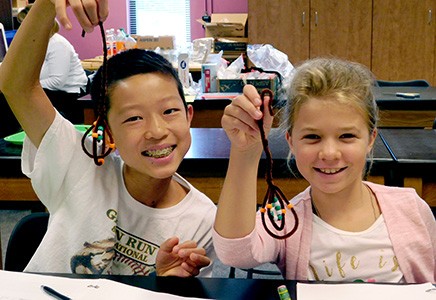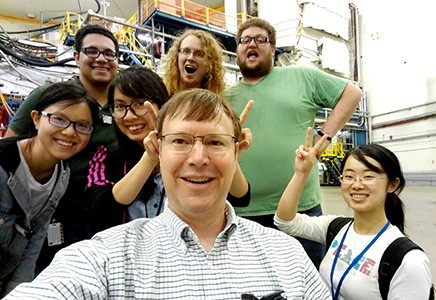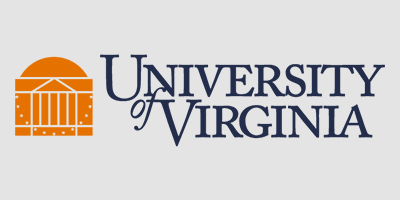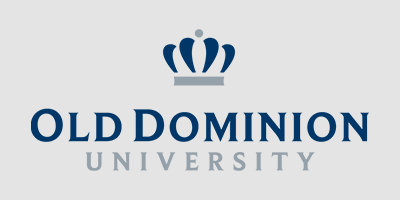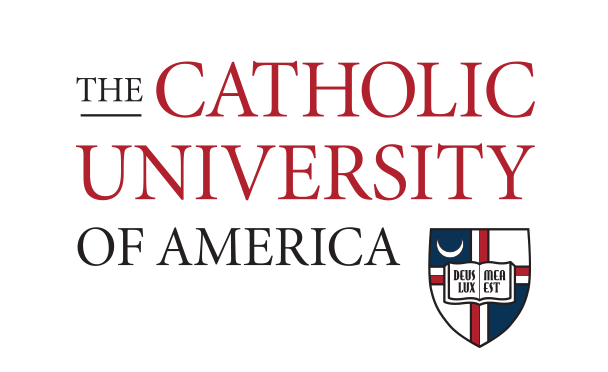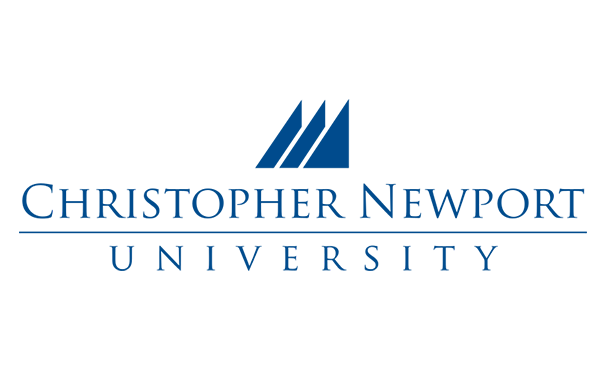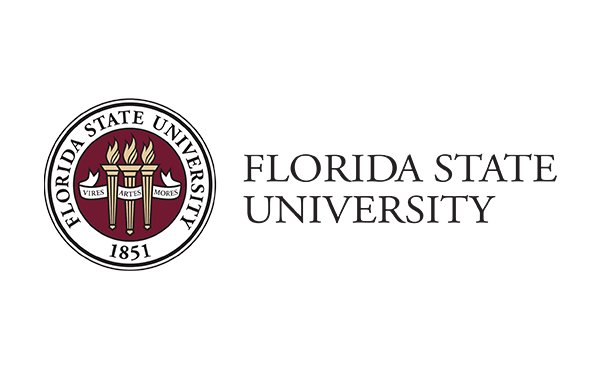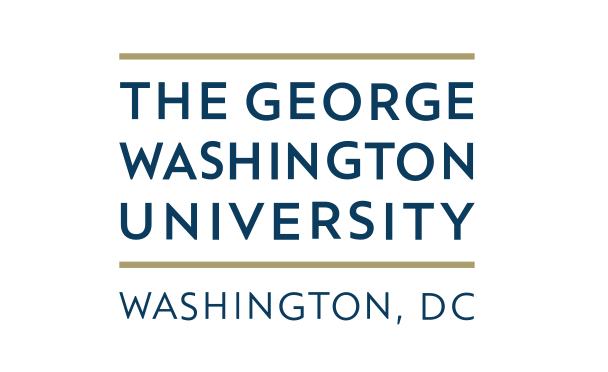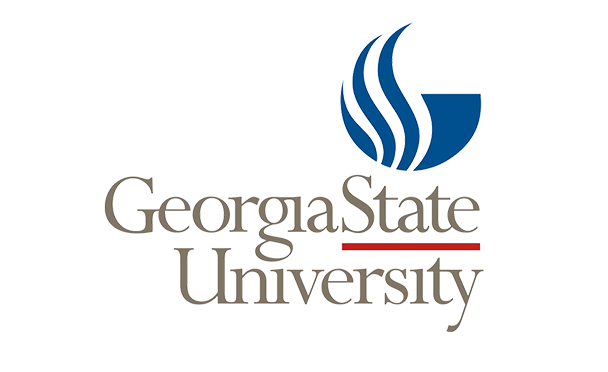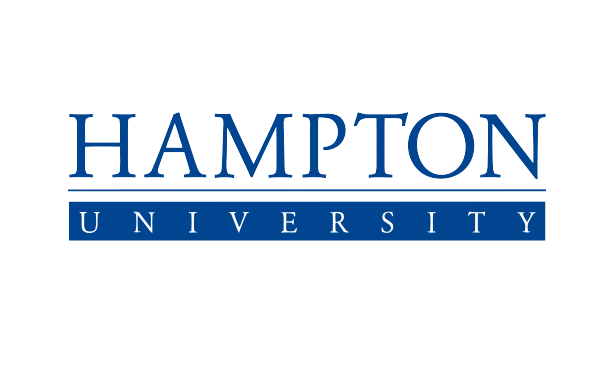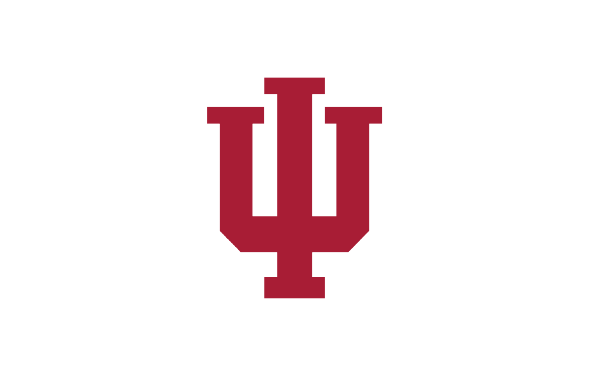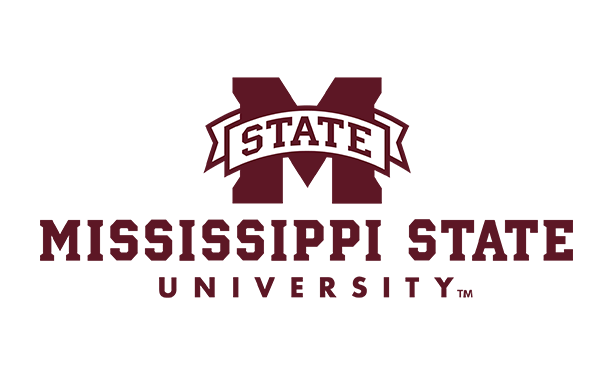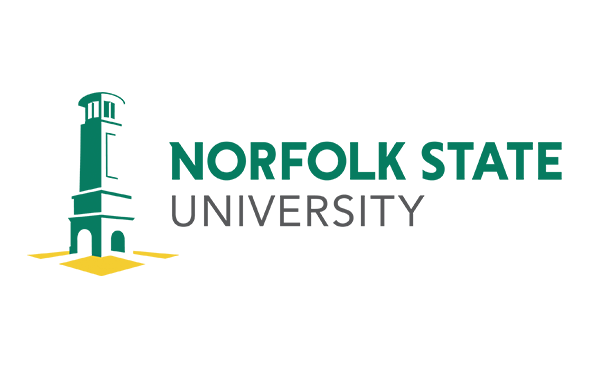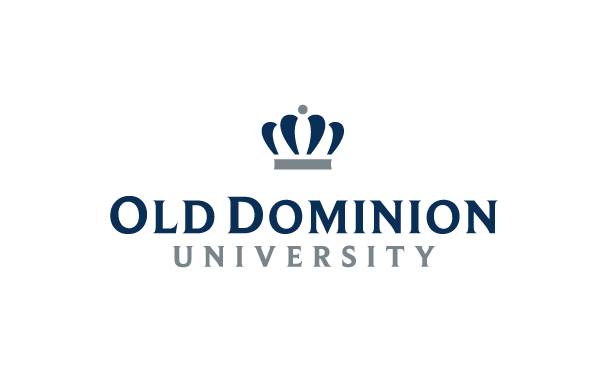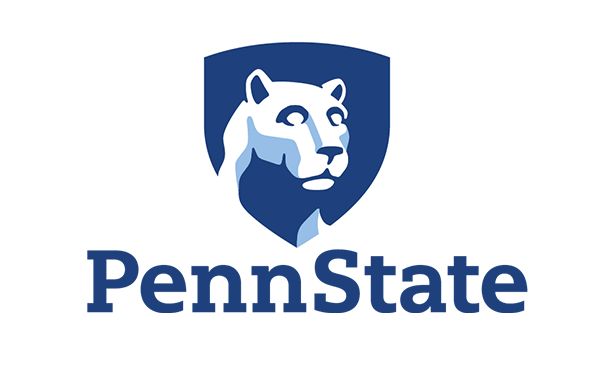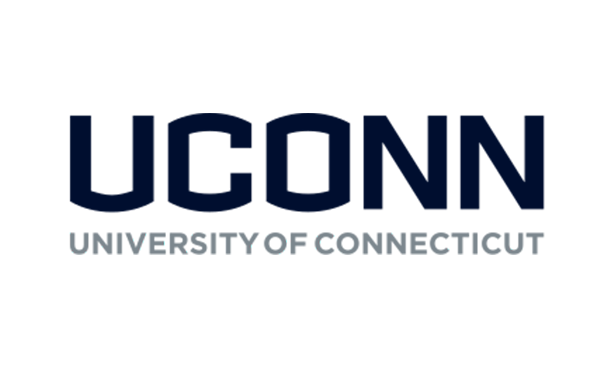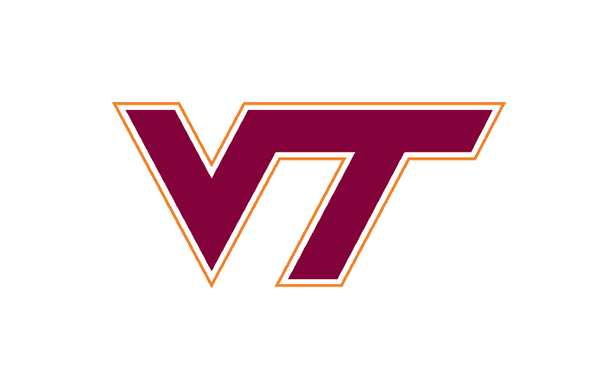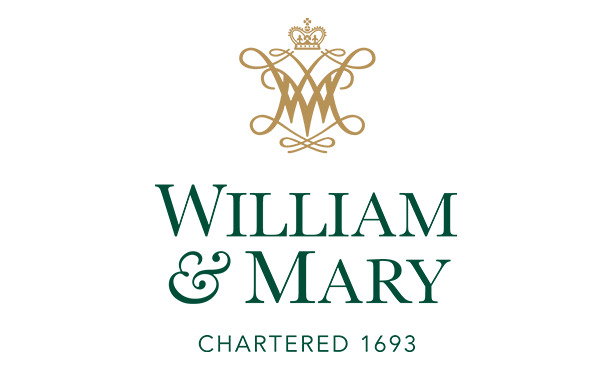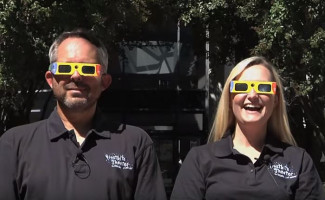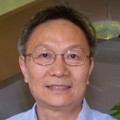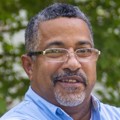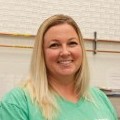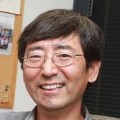A family history in art
Joanna Griffin, a Graphic Designer for Jefferson Lab, smiles when recalling sweet memories of her first exposure to art: painting alongside her mother.
The daughter of a Swedish artist and a Ukrainian civil engineer for the United States government, Griffin spent most of her childhood traveling. Her father, who speaks seven languages, took full advantage of international work opportunities.
Her 7 childhood homes throughout Sweden, Germany, Belgium, and Panama, provided Griffin’s mother with endless images of nature to capture with her oils on canvas. “We would put music on and paint together,” Griffin recalls, remembering the nurturing guidance of her mother as she taught her daughter different techniques. “We would pick different things to paint… she’s a beautiful person.”
Inspired and encouraged by her mother, Joanna began a lifelong journey that has combined a love of art with an appreciation of diverse cultures, and a genuine caring for people in need.
Growing up in a traveling family, Griffin developed a deep love for history, the arts, culinary innovations and experiencing different cultures. She attended English-speaking schools throughout Europe, until she entered high school in York County, the place where she first met her future husband.
After graduating high school, Griffin who loves classical music, studied at William & Mary and art schools in Sweden. Then, one day, she received a handwritten letter from an old high school friend, who was now a U.S. Marine. “The letter said he didn’t know if I was still thinking about him, but he thought about me every day,” Griffin said. “I still have the letter.”
Soon, they married and formed a life together dedicated to the things most important to both of them – family, work, and service to others.
The art of science
The Griffins lived in North Carolina until her husband, Michael, had finished his time as a Marine. A move back to Newport News ended up being a life-changing moment for Griffin, when her mother-in-law told her about a class in Photoshop at Thomas Nelson Community College. “I didn’t know that there was a field in graphic arts,” Griffin said. “After taking that class, I felt it was the direction I wanted to go.”
Griffin finished her associate’s degree in graphic arts, and started an internship with Jefferson Lab that eventually turned into a full-time position. Griffin has served as a Staff Graphic Artist at Jefferson Lab for 10 years now. “I’m depicting the science,” Griffin said. “My job is to translate ideas that people have into something that is more concrete and relatable to the public.”
This is not always easy. Often times, Griffin finds herself sitting in a room of physicists who may not agree on how the science should be depicted. An example is quarks, “We’re trying to illustrate something that nobody has ever seen,” Griffin said. “They’ll argue on which way I should portray it. It never gets boring.”
Many hours of brainstorming, research, drafts and edits go into creating images of unseen science. It is a learning curve that Griffin has had to overcome. “The physicists take the time to explain what it is,” Griffin said, mentioning they will draw out a bare-bone skeleton and “I just try to make it prettier.”
Using Photoshop, Illustrator, InDesign and a tablet for drawing, Griffin creates images as scientifically correct as imaginable and makes them understandable and accessible to the general public. “I love the traditional arts and being able to incorporate that into a career is really ideal for me,” Griffin said. “I love the creative process.”
Bringing science to the public
As a Graphic Designer, Griffin works to make intricate sciences more accessible to the public through detailed visuals. “I love the creative process,” Griffin said. “We’re customer based, so anyone from the lab can come to us to request a poster, an illustration. They present to us what they’re looking for, and we brainstorm ideas. We gather what it is they’re looking for. We present a couple of drafts, and there’s a little back and forth to finalize it.”
She feels her work at Jefferson Lab is aligned with her desire to help people. Griffin's sticky notes of detailed to-do lists are all detailed requests from physicists working on research, patents, papers or conferences who all need images from her. During role-model visits through Jefferson Lab’s Education Department, students from local schools have observed her work. “We’re able to show kids a world of possibilities,” Griffin said. “The kind of careers that are out there and what they can get interested in.”
Griffin also occasionally appears as the co-host on Frostbite Theater, the brain child of Steve Gagnon in the Education Department, where you can find her freezing balloons with liquid nitrogen. Griffin feels she found the ideal situation for her that combines her desire to help people, her passion for the arts, and her general curiosity in everything. “As corny as it sounds, I like helping people,” Griffin said. “What I do, does that. Helping the scientists get images, helping their patents be more relatable. I’m support for the physicists.”
A passion for volunteering
Griffin’s office is peppered with vibrant posters of her travels and photographs of her family. Reminders of the journeys she’s traveled, and the people she loves. Every morning, before coming into work, she sees a Bible verse that she hand wrote on a chalkboard in her home. “It’s Galatians 6:9,” She said. “It says ‘Don’t grow weary of doing good.’ I take that very seriously.”
When she isn’t working, Griffin enjoys spending time with her husband, Michael, and two young boys, Jonathan and Joshua. She is also a hospice volunteer with Bon Secours, a role she embraced after experiencing the death of her young son’s teacher.
Griffin strives to live a life full of art, love and giving. Ask her how she’d like to be remembered, and with confidence she’ll say: “I hope that I make an impact within my sphere of influence,” Griffin said. “And that I loved people well.”
December 2017


